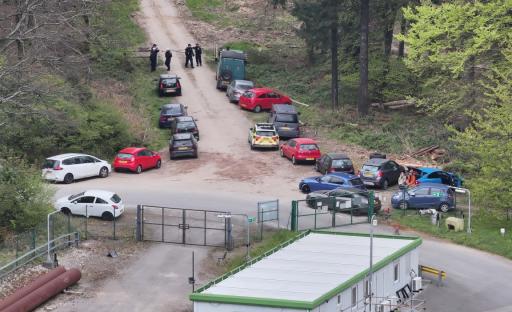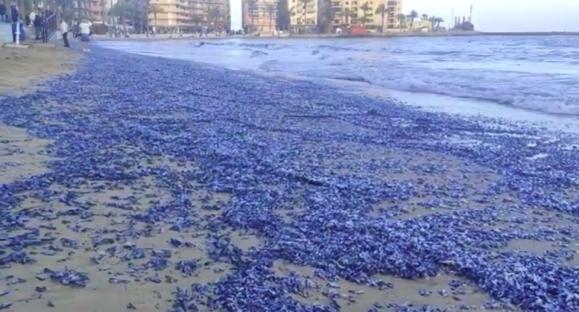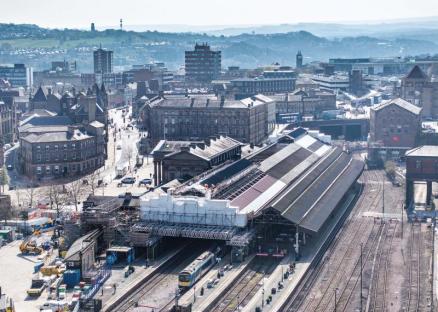With dry weather and fast-moving grass fires indicating an early start to the 2021 wildfire season in B.C., municipal fire departments are wasting little time training so they are ready when the next big fire ignites.
Fifteen fire departments from across the Southern Interior gathered in Lake Country on Sunday to participate in hands-on structural protection training courses.
Read more: Risk of spring flooding ‘elevated' due to above normal snowpacks: B.C. River Forecast Centre
The training is being organized by the BC Office of the Fire Commissioner and the BC Wildfire Service, in collaboration with municipal fire chiefs.
This weekend we are delivering the 2nd of 5 coordinated wildfire engine boss training courses. This training provides local FDs tactics to be deployed while protecting homes from wildfires, in partnership with: @BCGovFireInfoâ© â¦@BC_FireSafetyâ© â¦@BCFireChiefsâ© pic.twitter.com/StgJbwQcdO
— Penticton Fire Chief (@pentictonfire) April 25, 2021
Larry Watkinson, Penticton fire chief, helped to draft the curriculum and is coordinating the training efforts. He said it's been deemed essential by public health.
“Myself and some of the instructors that worked with me created a curriculum that has now been recognized as best practice in the province and through sponsorships of those agencies, they are coordinating this training around the province to get this best practice out,” Watkinson told Global News on Sunday.
Read more: West Kelowna Fire Department trains for swift water rescues near Cherryville
Penticton played host to the Wildland Urban Interface Symposium in 2019, attracting more than 150 firefighters from over 25 jurisdictions across B.C.
The 2020 and 2021 symposiums were cancelled due to the COVID-19 pandemic, and organizers opted for regional training programs instead.
Firefighters are being training on engine operations, communication strategies, and structural protection exercises.
“It is strictly engine operations in the wildland-urban interface, protecting structures, and we are not doing wildland firefighting,” Watkinson said.
In the event of a wildfire near a populated area, firefighters with the BC Wildfire Service will fight the fire on the front lines, while municipal fire departments are responsible for saving homes and businesses.
Read more: High wildfire danger areas in Okanagan, Shuswap to continue growing into weekend
Watkinson said 2021 could shape up to be an active wildfire season, but it is difficult to predict in advance.
“From my experience, it looks to be quite a possible significant year for wildfire, with the snow coming off early, there’s really been no moisture in the valley, we’ve already experienced fast-moving grass fires in Penticton and area, so it’s hard to say,”; he said.
The fire chief encourages backcountry enthusiasts to take precautions and reduce the risk of accidentally starting a human-caused wildfire.
“It really depends on the public and their awareness of the situation and recreational users and lightning, it is hard for me to predict wildfire, but it has the potential, like any year, to be a bad year,”; he said.
The fire danger rating is currently low to moderate across most of B.C., with pockets of high.



